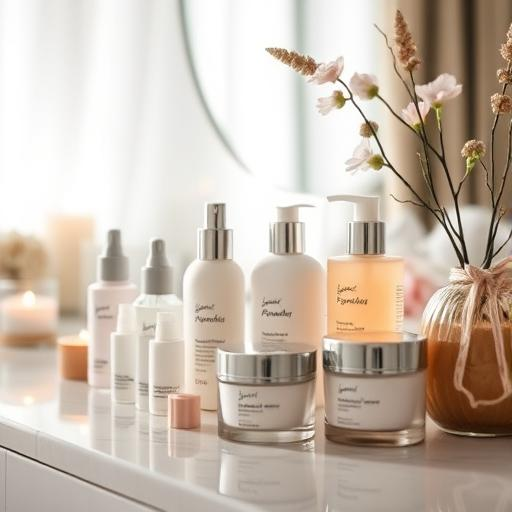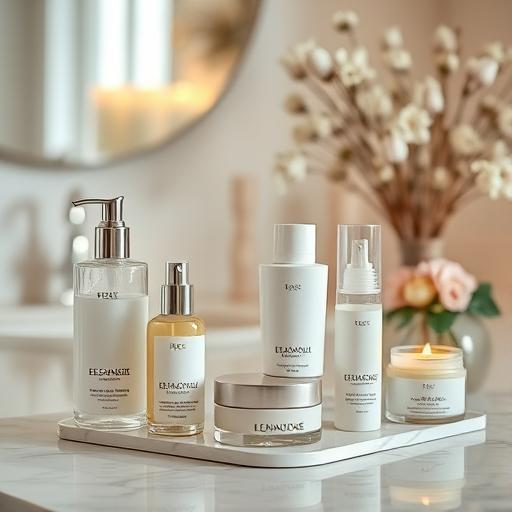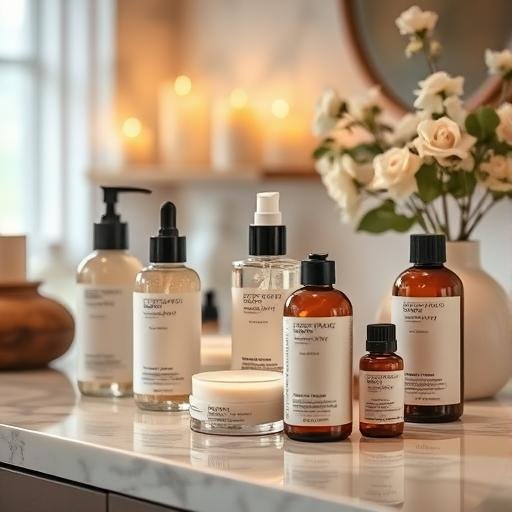
The Hidden Culprit in Your Skincare Routine: Is Your Tap Water Sabotaging Your Skin?
You invest in serums, moisturizers, and SPF—but what if the very first step in your routine is undoing all your hard work? Turns out, your tap water might be the silent villain in your skincare story. From harsh minerals to unbalanced pH, let’s explore how water quality impacts your skin barrier and what you can do about it.
Why Your Tap Water Matters More Than You Think
Water is the foundation of every skincare routine—we use it to cleanse, rinse, and sometimes even tone. But not all water is created equal. Depending on where you live, your tap water could contain:
- Hard minerals (like calcium and magnesium) that leave a residue, clogging pores and causing dryness.
- Chlorine, which strips natural oils and disrupts your skin’s microbiome.
- High pH levels, making your skin more alkaline and prone to irritation.
How Unbalanced Water Affects Your Skin Barrier
Your skin’s acid mantle (its protective outer layer) thrives at a slightly acidic pH of around 4.5–5.5. Tap water, however, often leans neutral or alkaline (pH 7+). Repeated exposure can:
- Weaken your skin barrier, leading to redness and sensitivity.
- Trigger dryness or exacerbate conditions like eczema.
- Make your skincare products less effective (since many actives work best at a lower pH).
3 Ways to Protect Your Skin from Tap Water Troubles
1. Test Your Water
Start by checking your water’s hardness and pH. You can use:
- At-home test strips (available online).
- A TDS (total dissolved solids) meter to measure mineral content.
2. Use a pH-Balancing Rinse
After cleansing, spritz your face with a toner or micellar water to restore acidity. Look for ingredients like:
- Hyaluronic acid (for hydration).
- Aloe vera or rose water (to soothe).
3. Invest in a Water Filter
For a long-term fix, consider:
- Shower filters to reduce chlorine and heavy metals.
- Faucet attachments with activated carbon for gentler rinsing.
- Distilled or filtered water for a final rinse if your tap water is very hard.
Final Thoughts: Don’t Let Water Be Your Skincare Blind Spot
Great skincare isn’t just about the products you apply—it’s about what you wash them off with, too. By paying attention to your water quality and taking small steps to balance its effects, you’ll protect your skin barrier and get the most out of your routine. Next time you turn on the tap, remember: your skin will thank you for thinking beyond the bottle!
Have you noticed changes in your skin after switching water sources? Share your experience in the comments!
RELATED POSTS
View all


